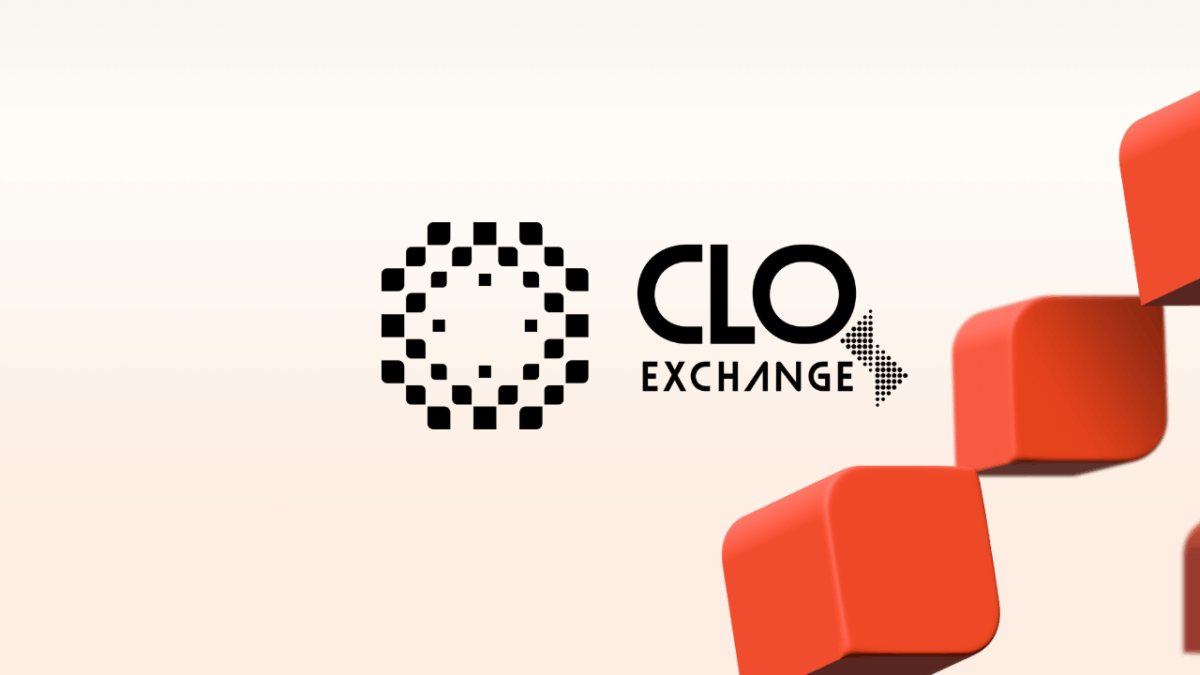
Published on 29th October 2025
Building the Future of Learning: In Conversation with Prudential
The rise of AI has exposed deep cracks in how organizations develop skills and deliver learning. In this blog, we unpack the four most pressing barriers holding businesses back from true workforce readiness - from the widening speed-to-skills gap to outdated, one-size-fits-all training models. Drawing on insights from a recent webinar with Sarah Holywell, VP of Enterprise Learning at Prudential Financial, we explore why adaptability, contextual learning, and personalization are now critical to thriving in the age of intelligent technology.
Earlier this month, Obrizum hosted a live webinar with Sarah Holywell, VP of Enterprise Learning at Prudential Financial, exploring the findings from the Harvard Business Review 2025 Global Leadership Development Study. The conversation shed light on the most pressing challenges facing L&D leaders today, and how adaptive learning can help organizations turn them into opportunities.
A clear shift in priorities for L&D
The HBR 2025 Global Leadership Development Study highlights four challenges defining the next era of learning and leadership:
- AI adoption outpacing workforce capability
- The speed-to-skills crisis
- Difficulty predicting future role evolution
- Cultural resistance and low engagement in learning
For Sarah, these challenges are not abstract or distant strategic goals. They are playing out daily in large, complex organizations where learning is now central to business performance. In our discussion, these challenges converged into four core themes shaping the future of learning.
- Leaders and employees lack the adaptive skills and mindset needed to integrate and govern AI effectively.
AI adoption continues to accelerate faster than human capability. As Sarah noted on the webinar, “AI should be your smartest intern. It can accelerate what you do, but it still needs guidance.”
To thrive, organizations must develop the adaptive skills and ethical frameworks that allow people to use AI intelligently and responsibly. That means equipping leaders and employees to experiment, learn, and evolve alongside technology, rather than fear it.
- Traditional training is too slow and too disconnected from daily work to keep up with the velocity of change.
Linear training models can’t deliver learning at the speed modern organizations require. Static courses, long development cycles, and generic content all slow progress.
Sarah emphasized that the answer lies in continuous, embedded learning, in adaptive systems that diagnose individual needs in real time and deliver the right content when it matters most. Learning that is agile by design helps teams stay aligned with business priorities as they evolve.
- Organizations can’t easily predict which human skills will stay relevant or how to personalize learning pathways for roles that are still evolving.
In a world of constant role transformation, skill relevance is a moving target. Jess and Sarah’s conversation reinforced that adaptability itself is now the most critical capability.
Instead of relying on fixed competency frameworks, forward-looking organizations are building cultures of experimentation and curiosity. Adaptive learning platforms like Obrizum enable this by continuously identifying shifting skill needs and gaps, personalizing learning journeys based on real performance data.
- Learning content is generic, hard to contextualize, and unengaging – leading to low adoption.
Engagement remains a core barrier to learning success. Many employees see corporate learning as disconnected from their work or too abstract to apply.
Sarah underscored that content must feel relevant and emotionally resonant. When learners see how learning connects to their goals, they’re far more likely to engage. Obrizum’s adaptive content delivery ensures every learner experiences something personal to them – based what our AI identifies as their strengths, weaknesses, and their confidence and self-awareness levels. This all works to drive engagement, adoption, and therefore real-world impact.
Looking Ahead
Across the discussion, one message stood out: learning and business performance are now inseparable.
Organizations that build adaptable, data-driven learning ecosystems will be best positioned to meet the challenges of the future — aligning technology, people, and culture around continuous growth.
Reach out here to find out more about how Obrizum’s true adaptive platform can support.






